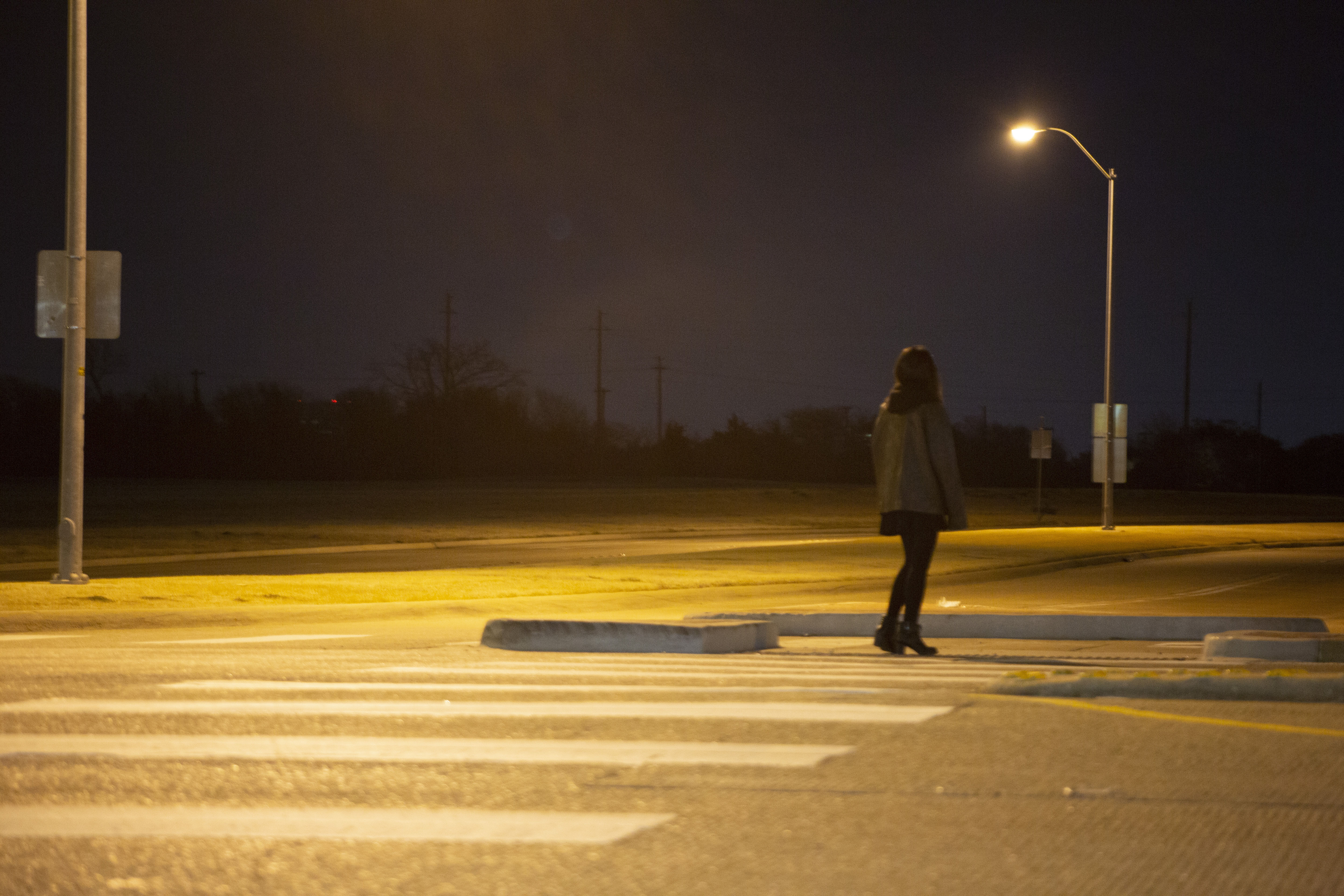The Dallas City Council will host two public hearings to decide whether to reinstate, modify or abandon the city’s juvenile curfew ordinance.
The curfew applied to minors in a public space between 11 p.m. and 6 a.m. Sunday through Thursday and between 12:01 a.m. and 6 a.m. Friday and Saturday, with some exceptions. Exceptions to the ordinance allow for juveniles to be out past curfew if they are accompanied by a parent or guardian, on an errand at the direction of a parent or guardian, involved in an emergency, going home from an employment activity or attending a school or religious event.
Violating the curfew results in a misdemeanor and up to a $500 fine, which is the same amount as the penalty for violating the existing juvenile curfew in Richardson. The Dallas curfew expired on Jan. 18, but may be reinstated following a city council vote.
At a public safety and criminal justice committee meeting on Jan. 14, Executive Assistant Chief of Dallas Police David Pughes said the police department recommends decriminalization for curfew violations.
“We are asking that if we do re-establish a curfew, we believe that it’s in our best interest, the juveniles’ best interest, their families’ and ultimately the city’s best interest to decriminalize the punishment and penalties for a curfew violation,” Pughes said.
The recommended penalties are a warning for the first offense and community service instead of a fine.
“We feel like just issuing a juvenile a citation that results in up to a $500 fine, the average fine is about $271 — that ultimately that doesn’t fix the problem long-term,” Pughes said. “And it oftentimes puts juveniles and their families in a worse situation than they were when we confront them in the first place.”
David Rocha, a Dallas resident and psychology and child learning and development junior, said he supports lesser punishments for any replacement curfew.
“A lot of these people that do get fined are in financial struggles, so adding a $500 fine is an even bigger burden for them to go through,” Rocha said. “Whereas if you gave the child community service, it’s something that doesn’t actually put much stress on them. It just takes time.”
At the Jan. 14 committee meeting, council member Rick Callahan, who represents District 5, said he is against decriminalization.

“I think it is unnecessary to (decriminalize) the behavior for violation of the teen curfew,” Callahan said. “However, I believe that the Dallas Police Department should reserve the right or have the authority to write citations for egregious or more serious violations — perhaps those in addition to another violation of the law, while the curfew is being violated as well.”
At the same meeting, council member Omar Narvaez, who represents District 6, said the curfew is used to disproportionately target minority youth.
A DPD report from June 2018 said of all curfew violations between January 2017 and June 2018, Latinos were issued 70.83 percent, African Americans 18.38 percent and whites were issued 10.05 percent.
“DPD’s report of nighttime curfew violations broken down by district illustrates apparent disproportionate enforcement in council District 6 — which is the district I represent,” Narvaez said.
The report showed 91 night curfew citations were issued in District 6 between January 2017 and June 2018. The second highest number of night curfew citations was 35 in District 1.
The public hearings are scheduled for Feb. 6 and 13, with a decision to be made by Feb. 13.
“There could be youth that are homeless, that are facing abuse and neglect (or) that have some kind of other challenges in their home, which is why they’re out at night — because they’re escaping what is dangerous,” Narvaez said. “This ordinance, the way it’s looking right now, doesn’t address those issues.”

Leave a Reply